I lost half a day figuring this and I can't see a straight forward solution online.
I created an iOS CocoaTouch Framework. I have some private and public classes in it and it all works fine. The problem is when I add .xib file inside that framework.
Inside my framework I want to instantiate .xib file and the error I am getting is:
*** Terminating app due to uncaught exception 'NSInternalInconsistencyException', reason: 'Could not load NIB in bundle: 'NSBundle </Users/dino/Library/Developer/CoreSimulator/Devices/FEDECDC2-D4EA-441E-B53B-329A5B3DFB7A/data/Containers/Bundle/Application/78CEC01F-4C36-4143-A7D6-DDE6CCAC801B/MyApp.app> (loaded)' with name 'NUInAppMessageView''
I've heard that .xib files can not be contained inside static library but I think they should be able to be used inside the framework.
My framework target contains "Copy Bundle Resources" from before and this .xib file was automatically added when I created it inside framework project.
I've read on a few places that resources should be added in a separate .bundle target but there is no "bundle" option when creating new targets and I believe this is form the old static-library-days.
This is the code I am using to initialize my view (inside the framework):
NSBundle * frameworkBundle = [NSBundle bundleForClass:[self class]]; // fine (not nil)
NUInAppMessageView *view = [[frameworkBundle loadNibNamed:@"NUInAppMessageView" owner:self options:nil] firstObject]; // <-- CRASH
I tried to break this into a more method calls and figured that Nib itself is getting created:
UINib *nib = [UINib nibWithNibName:@"NUInAppMessageView"
bundle:frameworkBundle]; // fine (not nil)
NSArray *objects = [nib instantiateWithOwner:self options:nil]; // <-- CRASH
I don't have ideas anymore. I tried with project Clean, deleting derived data but they don't seem to do the job.
Am I missing something here?
